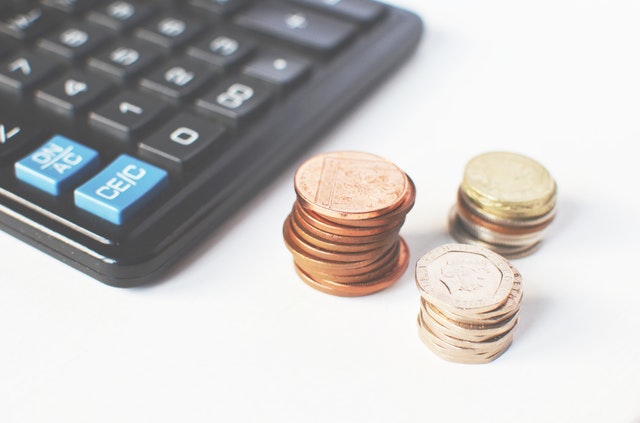Contents
Whether you’re saving for a new house, a new car, a holiday or you simply want to stop living paycheck to paycheck-taking control of your money is one of the most beneficial things you
can do for yourself.However, for most of us, we’ll be trying to break several years of habit so it’s not uncommon that this may seem difficult.
To give you the best start, here are a few ways you can take back control of your finances.
1. Track Your Finances
Before you even start trying to figure out how to improve your current spending habits, you need to know accurately what your spending habits are. This means you’re going to have to sit down with your last few statements and start writing.
Mary R. Lavalle, the financial manager for Top Canadian Writers, explains;
“Tracking your finances and seeing exactly where your money is going is an absolute must.
Whether you’re controlling your own finances or on behalf of a business, it’s vital that you track and monitor every penny. If you miss 10x $10, that’s $100 that could be vital to your spending habits. Personally, I find it easier to set aside an hour at the end of the week to keep my finances in check.”
A good place to start is by looking back on the last three months. Month by month, add up how much money you spent on:
- Food
- Fuel
- Snacks
- Social events
- Clothes
- Gifts
- Subscriptions
- Bills
Then, work out the average for all three months, and you’ll have yourself your complete finances.
2. Cutting Off the Unessential Items
This is where things can start to get a little more difficult. You’ll want to start considering what items of your spending you can cut back on. However, some may be easier than others. Maybe you’re paying out for a gym membership that you don’t use. Cancel it as soon as possible. Or maybe your phone is due for an upgrade, so why
not consider a downgrade to a cheaper model?
Others may be more difficult and may require a lifestyle change. You may be spending hundreds of dollars a month on your lunch breaks just on food, so how about considering buying a lunch box and making your meals at home? This is so much more affordable, and you’ll be surprised with how much you can save. Other things you may want to consider are television and streaming service
subscriptions that you may no longer need or don’t really use that often.
3. Prioritise your Spending
As you can imagine, it will take a month or so for these effects to really start kicking in. So, after your payday, it’s important that put your essential spending first. This means bills and utilities. This should be easy to figure out your total spending since it’s on the statement and most bills will be the same every month.
So let’s say that you earn $1,000 a month. If your bills add up to $200, take this away immediately. It’s also a really good practice to set up your bill payments to come directly out of your account the day after your paid because then it’s done, paid for and you don’t have to worry about it again.
Kristina S.Flynn, the financial manager for Best Australian Writers, also adds;
“It’s an incredibly good idea to set up a savings account if you don’t have one already. Saving for a rainy day can help so much when if something unexpected comes up,
such as your car breaking or a home repair is needed. View this payment into your savings account as a bill.”
After all your bills are paid off, you’ll have the total of what you can spend for the rest of the month. In this case, with $100 for saving, you’ll have $700.
4. Create an Allowance
Now that all your essential and necessary payments are out of the way, it’s time for the fun to begin. As a rule of thumb, you need to delegate every dollar you have a
job. This could be $50 a month on social events, $60 on clothes and $100 on fuel. However, you wish to divide your spending up is up to you.
Always aim to have $100 or so spare in your account at all times just sitting there and try your hardest not to give in to impulse buying, unless you dedicate some money towards that kind of spending. It’s also wise to try and avoid big impulse purchases unless you really need them.







